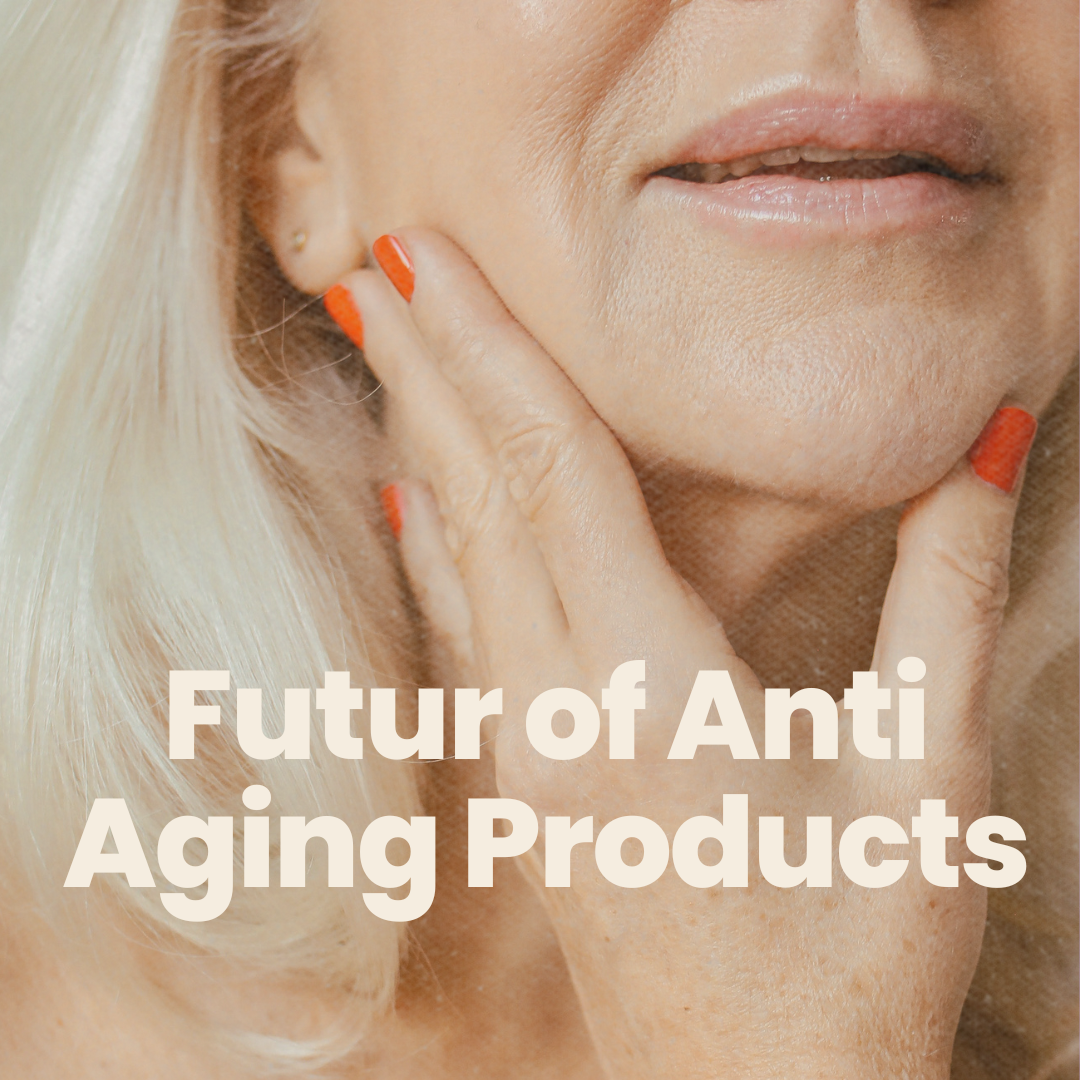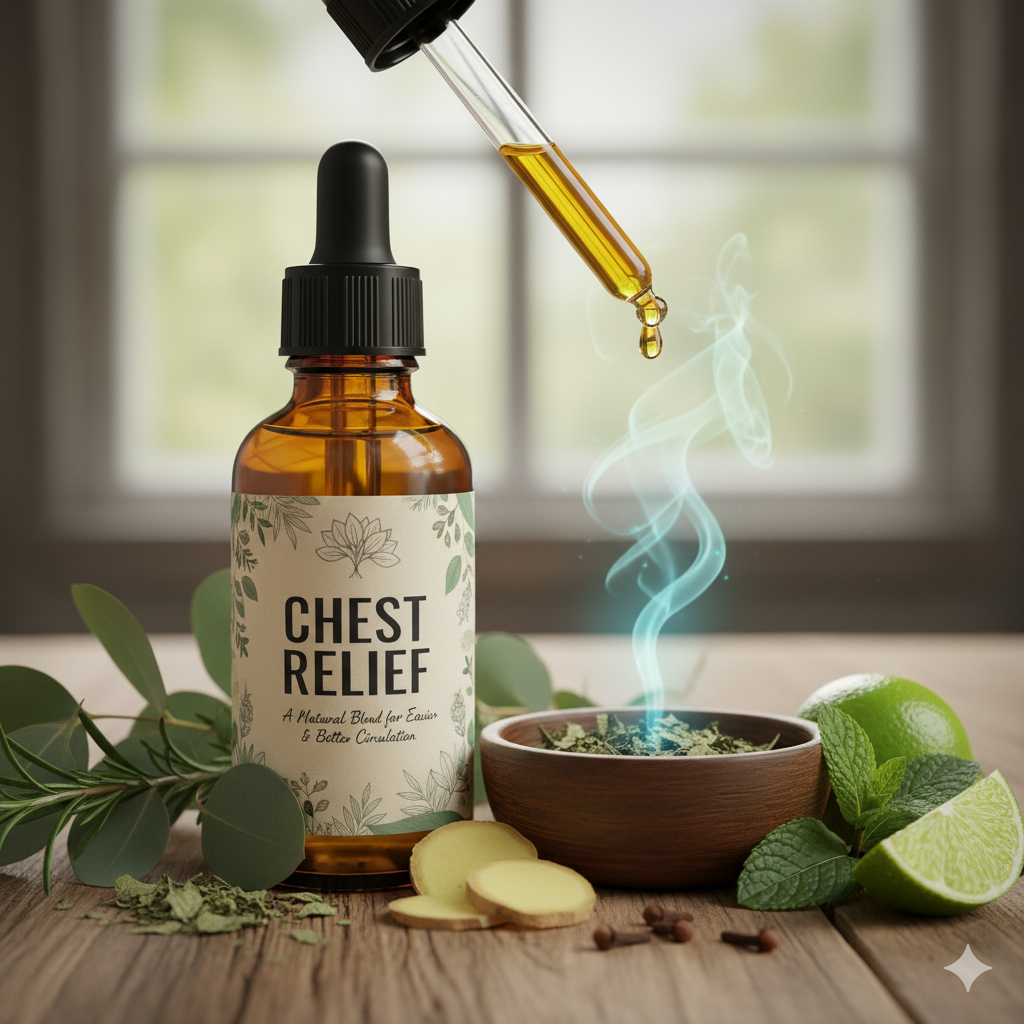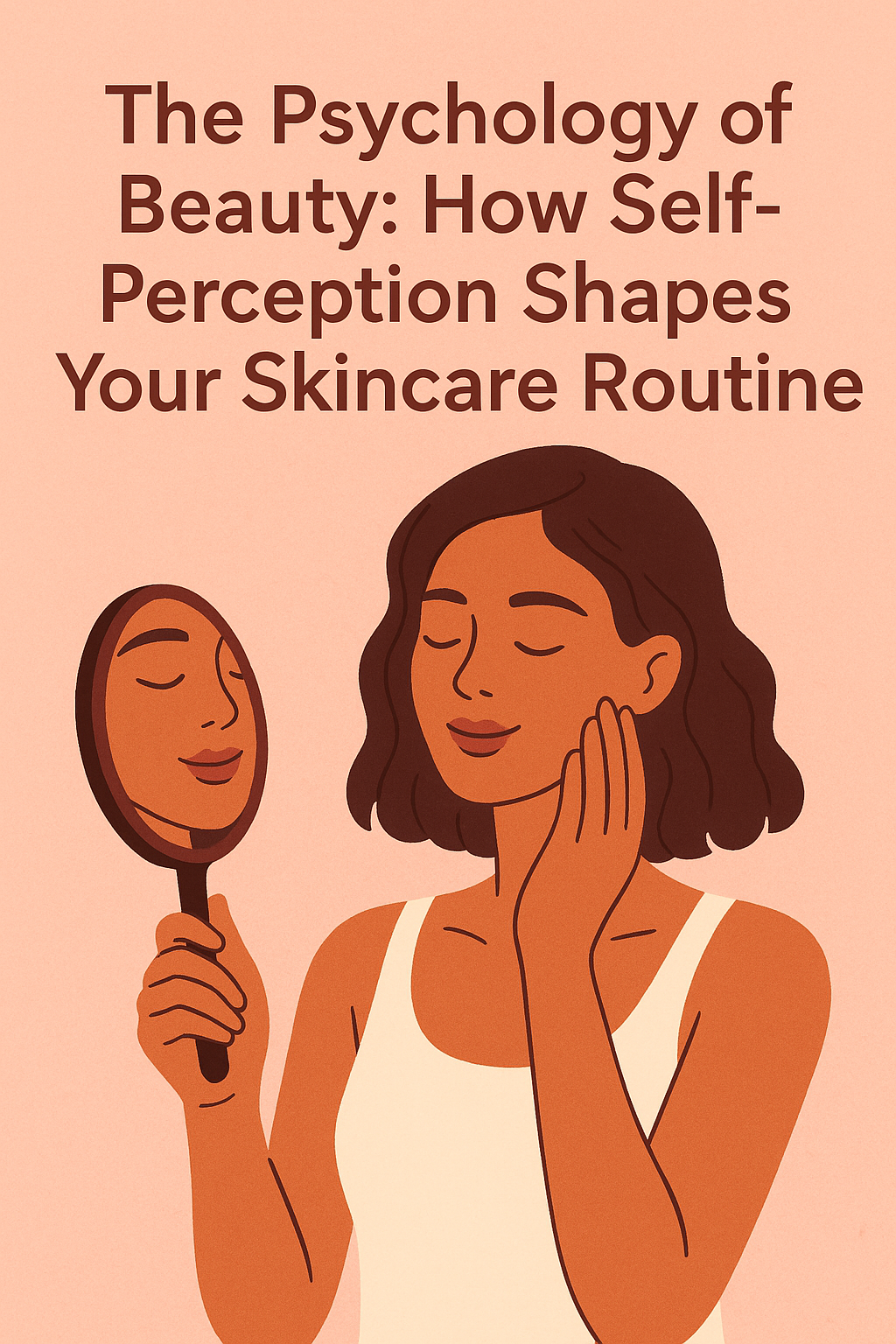Aging is an inevitable process that every living organism experiences. It involves a gradual decline in physical and sometimes mental capacities, influenced by a complex interplay of genetic, environmental, and lifestyle factors. However, the quest to slow down or even reverse the aging process has been a significant focus for scientists, dermatologists, and health enthusiasts worldwide. This article delves into what aging is, its effects, strategies to control the aging process, recent advancements in anti-aging products, and the future of anti-aging innovations.
What is Aging?
Aging is a natural process characterized by progressive physiological changes in an organism that lead to senescence, or a decline in biological function and the ability to adapt to metabolic stress. The process is influenced by a variety of factors, including:
- Genetics: Our genetic makeup plays a crucial role in determining how we age.
- Cellular Damage: Accumulation of cellular damage over time due to environmental exposure and metabolic processes.
- Hormonal Changes: Hormone levels change with age, affecting metabolism, skin health, and overall energy levels.
- Lifestyle Choices: Diet, exercise, stress management, and sleep quality significantly impact the aging process.
Effects of Aging
The effects of aging are multifaceted and can be observed in various aspects of the body:
- Skin: Wrinkles, fine lines, sagging, age spots, and a decrease in elasticity and moisture.
- Hair: Thinning, graying, and loss of volume.
- Muscles and Joints: Reduced muscle mass and strength, joint stiffness, and slower recovery from injuries.
- Bones: Decreased bone density leading to osteoporosis and increased fracture risk.
- Cardiovascular System: Higher risk of heart disease, hypertension, and other cardiovascular conditions.
- Cognitive Function: Slower cognitive processing, memory decline, and increased risk of neurodegenerative diseases.
How to Control the Aging Process
While we cannot stop aging entirely, there are several strategies to slow down its effects:
- Healthy Diet: Consuming a balanced diet rich in antioxidants, vitamins, and minerals can reduce oxidative stress and inflammation, both of which accelerate aging. Foods like fruits, vegetables, nuts, and fish are particularly beneficial.
- Regular Exercise: Physical activity helps maintain muscle mass, bone density, and cardiovascular health. It also improves mood and cognitive function.
- Skincare Routine: Using sunscreen, moisturizers, and anti-aging products containing retinoids, hyaluronic acid, and peptides can protect the skin and reduce visible signs of aging.
- Hydration: Drinking plenty of water keeps the skin hydrated and helps maintain overall bodily functions.
- Sleep: Quality sleep is essential for cellular repair and overall health. Aim for 7-9 hours of uninterrupted sleep per night.
- Stress Management: Chronic stress can accelerate aging. Practices like meditation, yoga, and deep breathing exercises can help manage stress levels.
- Avoid Smoking and Excessive Alcohol: Both can cause significant damage to the skin and internal organs, accelerating the aging process.
Recent Advancements in Anti-Aging Products
The anti-aging market has seen remarkable advancements in recent years, driven by scientific research and technological innovation. Some notable developments include:
- Stem Cell Therapy: Using stem cells to promote tissue regeneration and repair damaged cells. This therapy has shown promise in improving skin texture and reducing wrinkles.
- Peptide-Based Products: Peptides are short chains of amino acids that stimulate collagen production, enhance skin elasticity, and reduce inflammation.
- Antioxidant-Rich Formulations: Products containing antioxidants like Vitamin C, E, and Coenzyme Q10 help protect the skin from oxidative damage and promote a youthful appearance.
- DNA Repair Enzymes: These products aim to repair DNA damage caused by environmental factors, thereby reducing signs of aging at a cellular level.
- Advanced Delivery Systems: Innovations such as nanotechnology allow for better penetration of active ingredients into the skin, enhancing their efficacy.
The Future of Anti-Aging Products
The future of anti-aging products looks promising, with ongoing research and development focused on more effective and targeted treatments. Some emerging trends and potential breakthroughs include:
- Personalized Skincare: Leveraging genetic testing to create customized skincare regimens tailored to an individual’s unique genetic makeup and skin needs.
- Epigenetic Treatments: Understanding how lifestyle and environmental factors influence gene expression can lead to therapies that modify these effects, potentially reversing some aspects of aging.
- Advanced Biomaterials: Development of new materials that mimic the skin’s natural structure and function, offering improved support and rejuvenation.
- AI and Big Data: Using artificial intelligence and big data to predict aging patterns and recommend personalized anti-aging treatments.
- Regenerative Medicine: Further advancements in stem cell therapy and tissue engineering to repair and regenerate aging tissues.
In conclusion, while aging is a natural and unavoidable process, scientific advancements and healthy lifestyle choices offer numerous ways to slow down its effects and maintain a youthful appearance and vitality. The future of anti-aging products is bright, with ongoing research paving the way for innovative treatments that could redefine how we approach aging.










